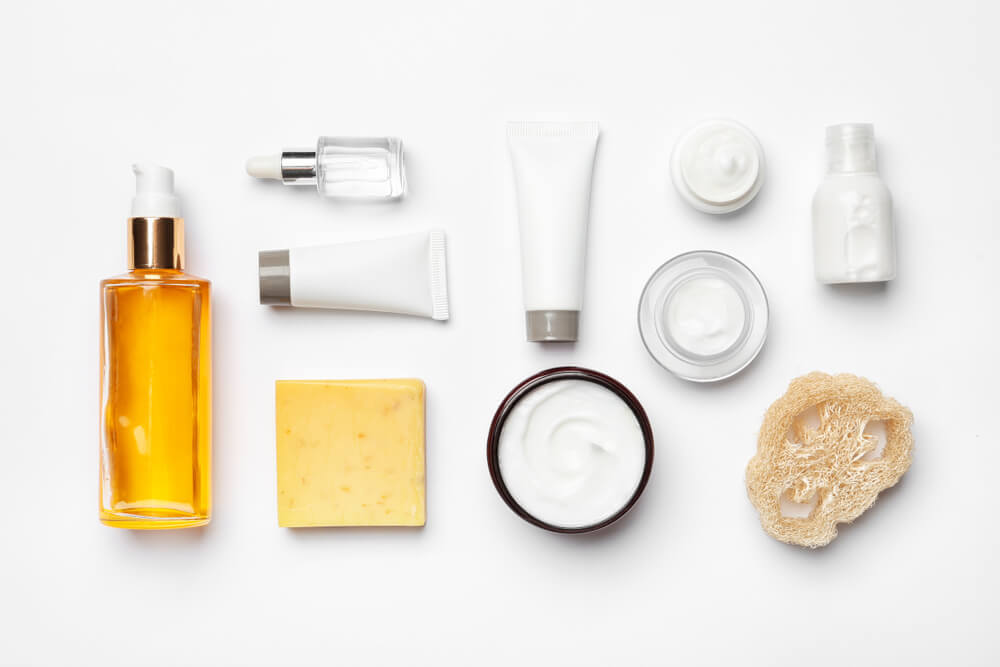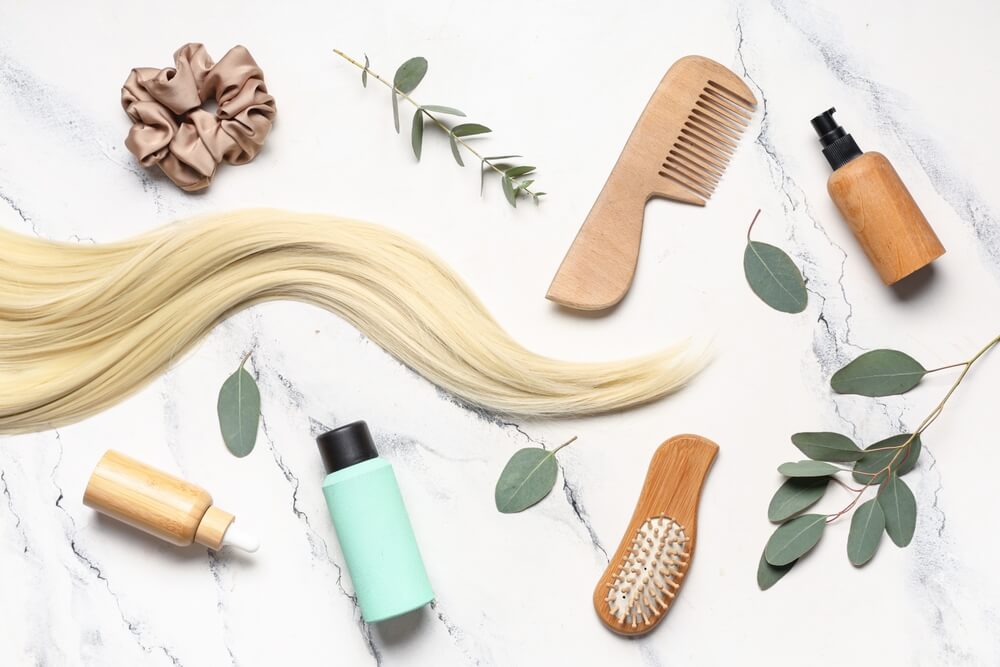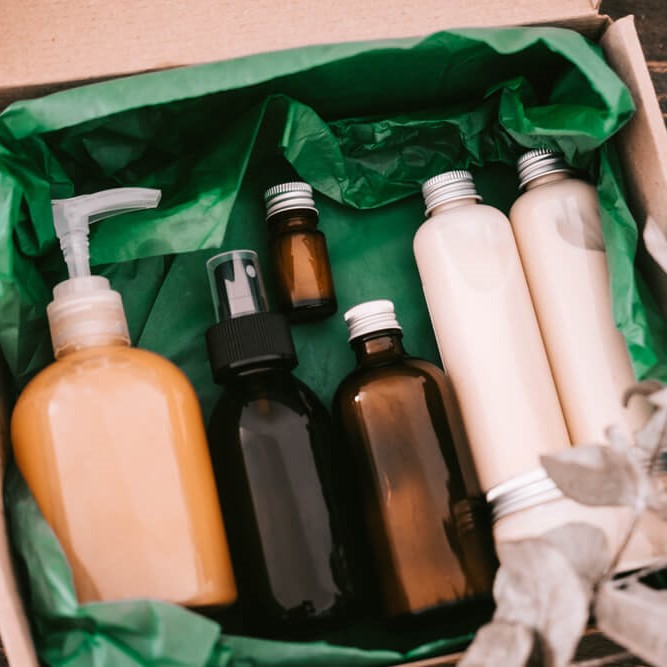With the US hair care market steadily growing and showing no signs of slowing down, now is the perfect time to consider finally launching that hair care line you’ve been thinking about. Thanks to private label manufacturing, this is now easier than ever. You don’t need to have any manufacturing experience, as your private label manufacturer will take care of everything manufacturing-related for you.
While private labeling can definitely help to make the path to launching your own hair care line much smoother, you still need to be wise about how you go about things. To ensure your success, keep reading as FLPL talks through 10 common mistakes to avoid making when private labeling your new hair care line.
1) Choosing a Private Label Manufacturer That Doesn’t Specialize in Hair Care
Although all of the hair care products you create will be owned by you, your private label manufacturer is essentially like your partner in this whole venture. You’ll be working side by side to produce your products, so you need to be able to rely on their expertise.
This is why it’s so important to pick a private label manufacturer that specializes in the products you want to create – in this case, hair care. Look for a manufacturer that offers a wide range of different types of hair care products, just like we do at FLPL. From hair serums and masks to heat protectants and hairsprays, you’ll really be able to unleash your creativity when it comes to the types of products you create.
You should also ensure that your private label manufacturer has a good track record with other hair care brands. FLPL, for example, has worked with both budget-friendly and ultra-luxurious hair care brands, all of which are thriving. This is exactly what you want to see before deciding whether or not to team up with a private label manufacturer.
2) Launching Too Many Products at Once

The excitement of finally being able to create your own product line can sometimes cause people to overshoot when it comes to the number of different products they produce. While it’s understandable why you may feel the need to offer your customers a full spectrum of products, you need to be careful about spreading your resources too thinly.
When you’re first launching your new line, it’s best to start with just a few core products. Make them as good as they can be while also focusing on your marketing and branding. Once the sales start to roll in, you can then begin to think about scaling up.
3) Selecting Ingredients Based Solely on Price
If you want your hair care line to stand out, your products need to contain the right ingredients. Not only should those ingredients come together to produce a product that actually works, but they also need to be special enough to enable your brand to stand out from the competition.
Unfortunately, many make the mistake of being guided solely by costs when selecting ingredients for their private label products. Yes, costs are important, but you should be taking other factors into consideration too. The better your ingredients are, the more likely you are to draw in customers. You’ll also be able to charge more for your high-quality products. Work with FLPL, and you’ll be able to choose from a vast catalog of premium ingredients to ensure that your products contain the very best.
4) Skipping Over the Market Research Stage
Before setting out to create your new hair care line, market research should be your focus. However, this is a step that many skip, believing that they already have all of the information that they need to make educated decisions. Unfortunately, unless you’ve done that preliminary research, this is unlikely to be true.
Market research takes time and should delve into the details. It will teach you more about current trends, consumer behavior, the competitor landscape, and more. Good research will enable you to discover what consumers want while also identifying gaps in the market – gaps that your products could potentially fill. If you want your products to be a success, market research is a must.
5) Entering an Oversaturated Market

This private labeling mistake is usually caused by the one we mentioned above – not doing enough market research. This can lead to new brands entering an oversaturated market. As you can probably imagine, this will make it much harder for your brand to gain visibility unless your products are truly unique and are capable of competing with the more established brands out there.
Instead, the most successful way forward would be to find a niche that hasn’t yet been catered to. By all means, explore the initial oversaturated market that appealed to you. However, try to find a segment of that market that’s underserved. Let’s say, for example, you’re planning on private labeling a line of shampoos. The regular shampoo market is extremely saturated, so your products are unlikely to gain much traction. Narrow down your niche, however, and the tide will turn. Shampoos designed specifically for certain hair types/hair concerns will gain much more attention than a general shampoo that everyone can use.
6) Making Misleading Claims
While you may passionately believe that your new hair care line is capable of changing lives, it’s very important that you’re realistic when making official claims about your new products. Many new brands fall into the trap of making misleading claims. One example would be promising that a product can repair split ends, even though this is impossible. Those false claims can then lead to a world of trouble.
Not only will they harm your brand, as well as the perceived trust that consumers have in it, but it could also cause legal repercussions. To save your reputation, as well as the stress of a legal battle, make sure that any product claims you make can be objectively backed up.
7) Choosing Bulky Packaging That Complicates Logistics
When private labeling a new product line, it’s not just the products themselves you need to think about. Packaging is very important too. While some private labeling manufacturers will leave you to deal with this yourself, others, like FLPL, will help you to create the perfect packaging for your products.
While you may have plenty of grand ideas about what you want your packaging to look like, it’s important to consider logistics. The last thing that you want to do is complicate life even further for yourself! However, opt for packaging that’s bulky or shaped in an unusual way, and this is exactly what you’ll be doing. Everything from packing to shipping to warehouse storage will become a logistical nightmare. Not only might this cut into your profit margins due to higher shipping fees, but it could also impact how efficiently you’re able to fulfill orders.
Although standard-sized packaging may not stand out in the same way, it will make life much easier for you. Go with packaging that fits neatly into shipping and warehouse frameworks, and your business operations will be much more efficient.
8) Using Product Labels That Don’t Meet Legal Requirements

Earlier, we mentioned the importance of picking a private labeling manufacturer that’s experienced in creating hair care products. Not only does this help with creating your products, but it’s also useful when designing your product labels. Why? Because those labels need to meet certain legal requirements. Unless you’re familiar with those legalities yourself, you’ll need to depend on your private labeling manufacturer to ensure that your labels contain all of the necessary information.
This is exactly what we do for our clients at FLPL. From ingredient lists to manufacturing information to safety warnings, we’ll ensure that your product labels are up to standard. Again, failing to do this could land you in legal trouble, which is why we take product labeling very seriously.
9) Neglecting the Importance of Quality Control
Quality control plays a huge part in the success of a brand. Getting this wrong can quickly damage your reputation, making it impossible for your brand to grow.
Of course, when private labeling your products, quality control is taken out of your hands to a certain extent. It will be up to your private label manufacturer to oversee this. Some place more importance on quality control than others, so make sure that you work with one that prioritizes this. Check what quality control measures they have in place and ensure that their product testing methods are adequate. If you ever receive feedback from a customer regarding concerns about quality, address these immediately. Dissatisfied customers can be very vocal, which is the last thing your brand needs.
10) Failing to Plan for Growth
Earlier, we talked about how beneficial it can be to start by launching just a few products. Then, once you see some success, you can think about scaling up.
However, in order for this to happen, you need to make sure that you’ve teamed up with a private label manufacturer who is capable of helping your business grow. Say, for example, you’ve produced a range of shampoos and conditioners. After making some sales, you then decide that you want to expand into hair serums and masks. If your private label manufacturer isn’t able to offer these other product options, you’ll be stuck. You’ll either be very limited in terms of what you can produce, or you’ll have to switch private label manufacturers at a very crucial time.
Doing some advanced planning helps to circumvent this. Think about when and how you’ll want to grow your brand. Then, make sure, right from the start, that your private label manufacturer is capable of accommodating your wishes.
Summary
There’s no denying that private labeling your new hair care products can make life a lot easier and much less stressful. However, this doesn’t mean that the road is plain sailing either. Ultimately, you’re still the one that will be held accountable for anything that goes wrong, so be sure to avoid making any of the above mistakes when planning, creating, and launching your products.
Want to know more about how FLPL can help you to produce a standout hair care line? Click here to contact us today!



